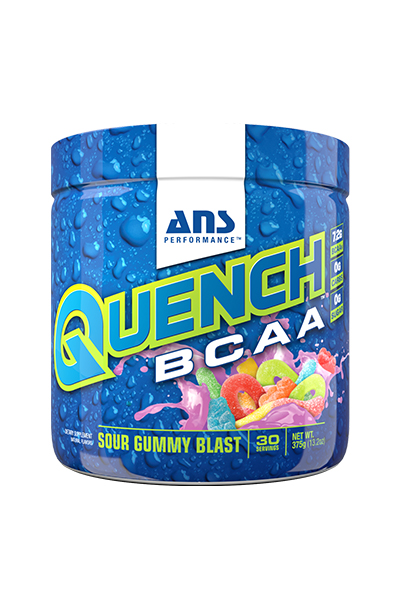
quench [kwench] ExamplesWord Origin verb (used with object)
- to slake, satisfy, or allay (thirst, desires, passion, etc.).
- to put out or extinguish (fire, flames, etc.).
- to cool suddenly by plunging into a liquid, as in tempering steel by immersion in water.
- to subdue or destroy; overcome; quell: to quench an uprising.
- Electronics. to terminate (the flow of electrons in a vacuum tube) by application of a voltage.
Origin of quench 1150–1200; Middle English quenchen, earlier cwenken; compare Old English -cwencan in ācwencan to quench (cf. a-3)Related formsquench·a·ble, adjectivequench·a·ble·ness, nounquench·er, nounun·quench·a·ble, adjectiveun·quenched, adjective Examples from the Web for quenchable Historical Examples of quenchable
Stop it, ye Constitutional Patriots; fire itself is quenchable, yet only quenchable at first!
Thomas Carlyle
British Dictionary definitions for quenchable quench verb (tr)
- to satisfy (one’s thirst, desires, etc); slake
- to put out (a fire, flame, etc); extinguish
- to put down or quell; suppressto quench a rebellion
- to cool (hot metal) by plunging it into cold water
- physics to reduce the degree of (luminescence or phosphorescence) in (excited molecules or a material) by adding a suitable substance
- electronics
- to suppress (sparking) when the current is cut off in an inductive circuit
- to suppress (an oscillation or discharge) in a component or device
Derived Formsquenchable, adjectivequencher, nounquenchless, adjectiveWord Origin for quench Old English ācwencan to extinguish; related to Old Frisian quinka to vanish Word Origin and History for quenchable quench v.
Old English acwencan “to quench” (of fire, light), from Proto-Germanic *cwandjan, probably a causative form of root of Old English cwincan “to go out, be extinguished,” Old Frisian kwinka. Related: Quenched; quenching.
 Liberal Dictionary English Dictionary
Liberal Dictionary English Dictionary